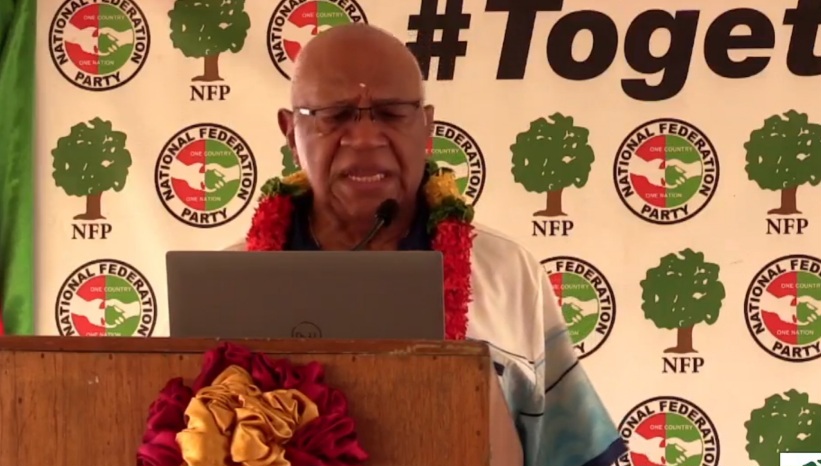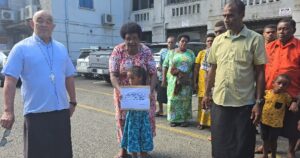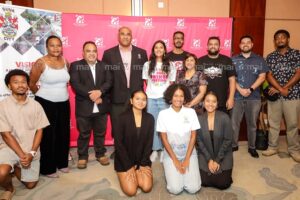Fiji’s Prime Minister Sitiveni Rabuka today restated calls for the review of the 2013 Constitution, critiquing provisions he described as “regressive limitations on human rights”, compared to the more “progressive 1997 constitution.”
During his address at the National Federation Party (NFP) Convention in Nadroga today, Rabuka highlighted one of the provisions of the legislation being the single national constituency system which he said “denies the people direct access to their own elected representatives.”
Unlike its predecessor, he said the 2013 constitution lacks the entrenched group rights and protective legislations that supported landowners and tenants, particularly for the Indo-Fijian community.
“This is necessary, as a coalition government, we could be selfish and leave all the clauses that give us unfair advantages and complete power,” he said. “But we know that would be unfair and unreal and undemocratic. Limiting the fundamental rights of our people is not the legacy that my leadership of the coalition government wants to leave behind.”
Rabuka did not outline the process or timeline for the review, which has also been mentioned in the country’s recently released National Development Plan. However, he spoke of a “very different electoral landscape” by the time the people’s coalition government approaches the next election, highlighting the potential for new political alliances with more parties or remnants from another party joining the coalition.
His calls for reforms come as the coalition government approaches its second year in office since winning the 2022 General Elections, a feat they proudly declared multiple times today as the longest tenure of any coalition government.
Reflecting on the 2022 elections, Rabuka highlighted how fear-based tactics influenced voter perceptions and decisions, saying, “The use of the race card and fear factor was prevalent during the campaign leading up to the 2022 general elections.”
He called for an end to these divisive tactics, insisting that “peace begins with us.”
He also spoke about the historical context of political strife in Fiji, urging a national healing process through the proposed Truth and Reconciliation Commission, which was also echoed by NFP’s parliamentary reps during a question and answer session with those gathered following the convention.
Rabuka said that peace must start at home, which is why he prioritises reconciliation and the reassessment of the 2013 constitution, stating that peace leads to prosperity and defined peace as a state free from fear.
“It is time to really listen to each other’s recollections of those ugly ordeals and deal with them collectively as a nation.”









